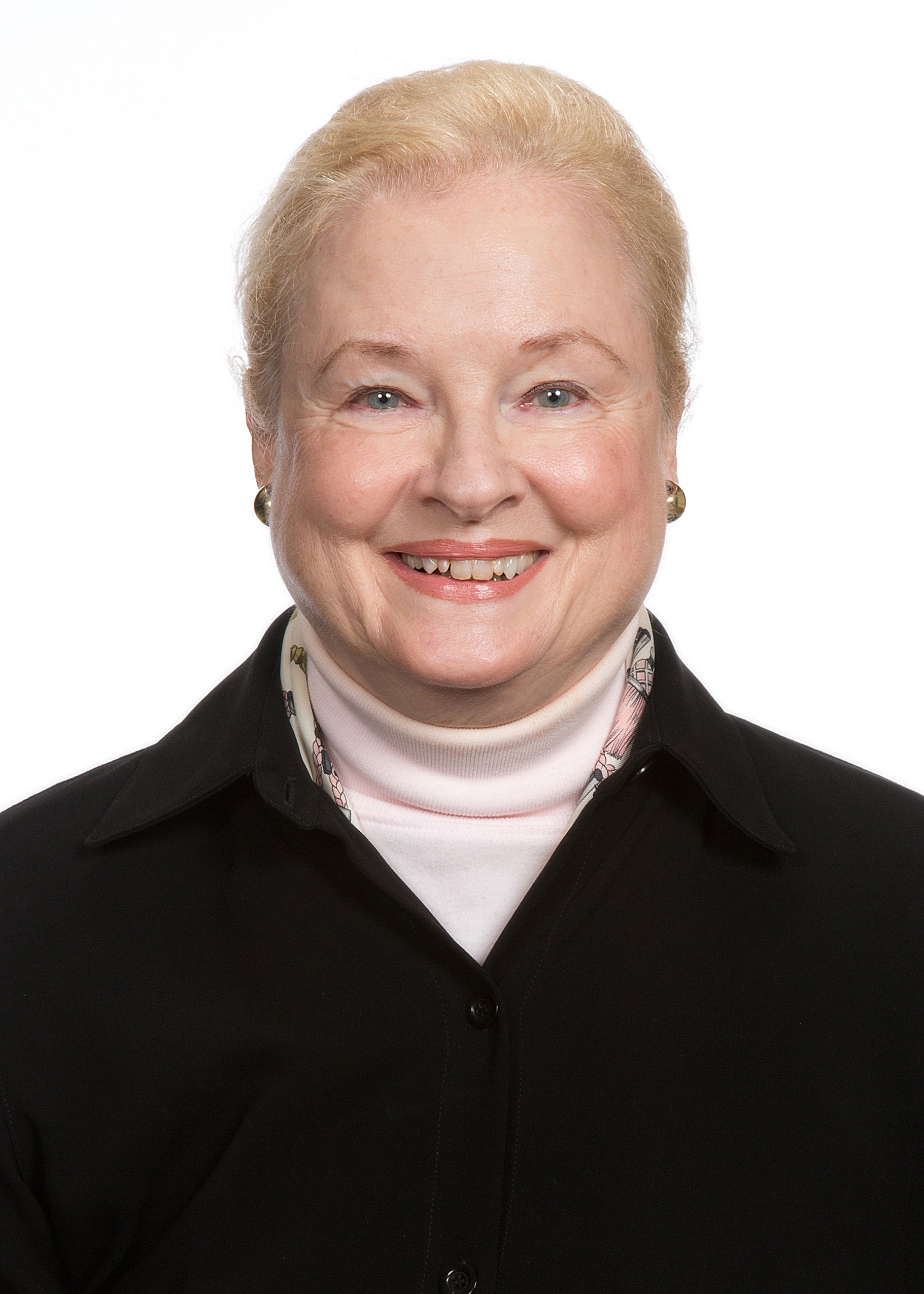Harvard Law School Professor and former U.S. ambassador to the Holy See Mary Ann Glendon received the Evangelium Vitae Medal from the University of Notre Dame’s Center for Ethics and Culture. She received the medal at an April 28 banquet held at Notre Dame in her honor.
Named for St. John Paul II’s 1995 encyclical on life issues, the Notre Dame Evangelium Vitae Medal is a lifetime achievement award given to “heroes of the pro-life movement.” It honors individuals whose efforts have served “to proclaim the Gospel of human life by steadfastly affirming and defending its sanctity from its earliest stages.”
In 1994, Glendon was appointed by Pope John Paul II to the newly created Pontifical Academy of Social Sciences. In 1995, he named her to lead the 22-member delegation of the Holy See to the Fourth U.N. Women’s Conference in Beijing. From 2002 to 2005, she served as a member of the U.S. President’s Council on Bioethics. In 2004, Pope John Paul appointed her president of the Pontifical Academy of Social Sciences.
In an interview in the National Catholic Register, titled “What the Evangelium Vitae Medal Means to Me,” Glendon said receiving the Evangelium Vitae medal was personally significant because of her work as an advisor to Pope John Paul II. “Having had the great privilege of serving the author of Evangelium Vitae in various capacities, this medal has a very special meaning for me,” she said. “When that encyclical was issued in 1995, my colleagues and I felt as though this great Pope himself had blessed every aspect of our work. He spoke of honoring the sacrifices and bravery of women who choose life; of how often a woman is the second victim of abortion; and of the need to offer concrete assistance to women in crisis pregnancies including, when needed, help in finding loving adoptive homes. He taught us that great things can be accomplished by those who are willing to live in truth and to call good and evil by name.”
Renowned as a scholar of law and philosophy, Glendon is the Learned Hand Professor of Law at Harvard Law School. She currently serves as a Commissioner of the U.S. Commission on International Religious Freedom and as a member of the Board of Supervisors of the Institute of Religious Works (Vatican Bank).
She writes and teaches in the fields of human rights, comparative law, constitutional law, and political theory. She is the author of several books, including “The Forum and the Tower” (2011), a series of biographical essays exploring the relation between political philosophy and politics-in-action; “Traditions in Turmoil” (2006), a collection of essays on law, culture and human rights; “A World Made New: Eleanor Roosevelt and the Universal Declaration of Human Rights” (2001); “A Nation Under Lawyers” (1996), a portrait of turbulence in the legal profession, analyzing the implications of changes in legal culture for a democratic polity that entrusts crucial roles to legally trained men and women; “Rights Talk “(1991), a critique of the impoverishment of political discourse; “The Transformation of Family Law” (1989), winner of the legal academy’s highest honor, the Order of the Coif Triennial Book Award; and “Abortion and Divorce in Western Law” (1987), winner of the Scribes Book Award for best writing on a legal subject.
In a press release announcing the award, O. Carter Snead, the William P. and Hazel B. White Director of the Center for Ethics and Culture, said: “Glendon is one of the most extraordinary figures in academia and the global public square. She personifies the goods at the heart of the Evangelium Vitae Medal. Through her work as a world-class scholar and teacher, a diplomat, a White House bioethics adviser and an official of the Holy See, she has provided a joyful, loving and unwavering witness to the dignity of all persons, born and unborn, as created in the image and likeness of God. She sets the standard for all of us who work to build a culture of life worldwide. There is no one like her.”
